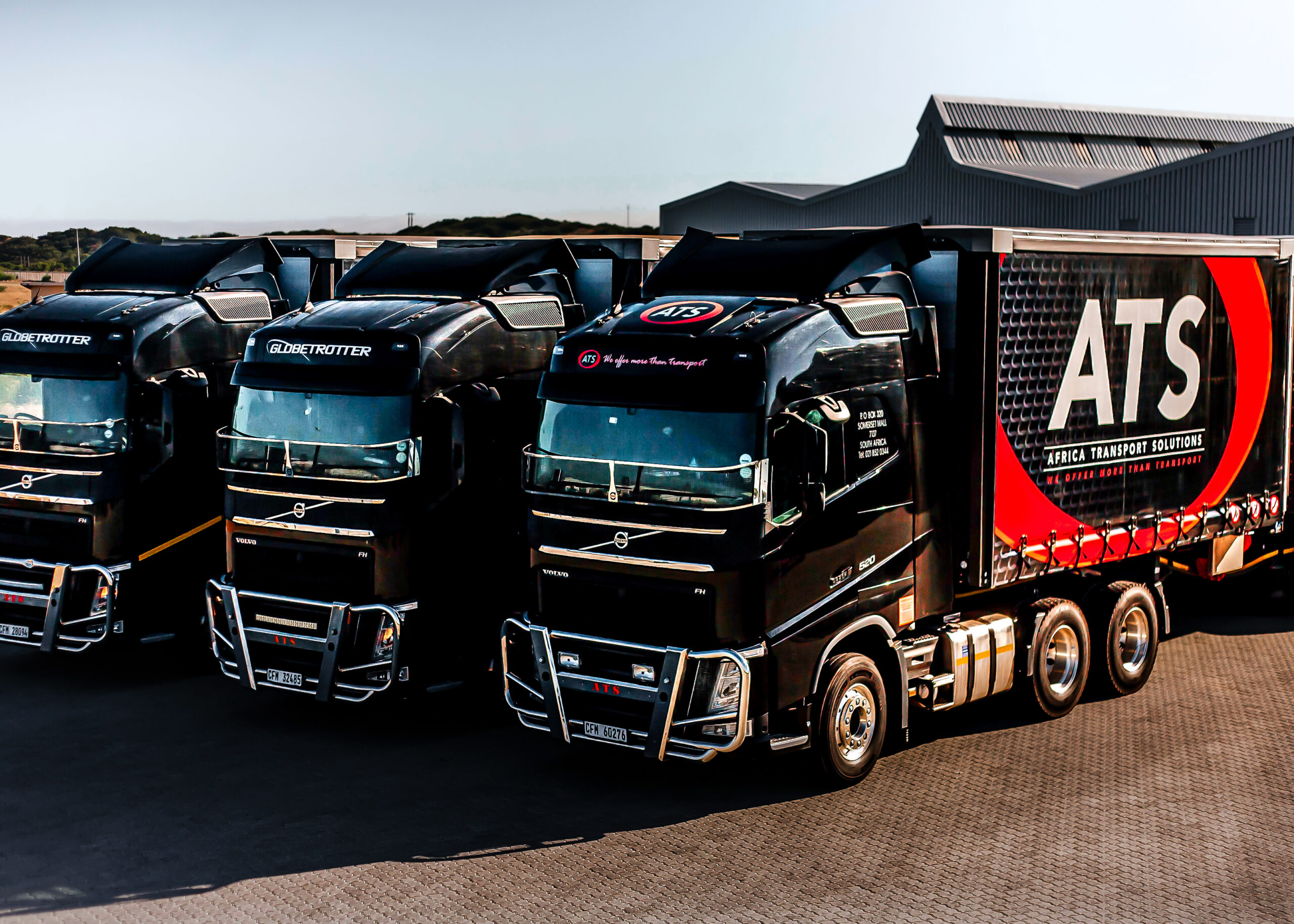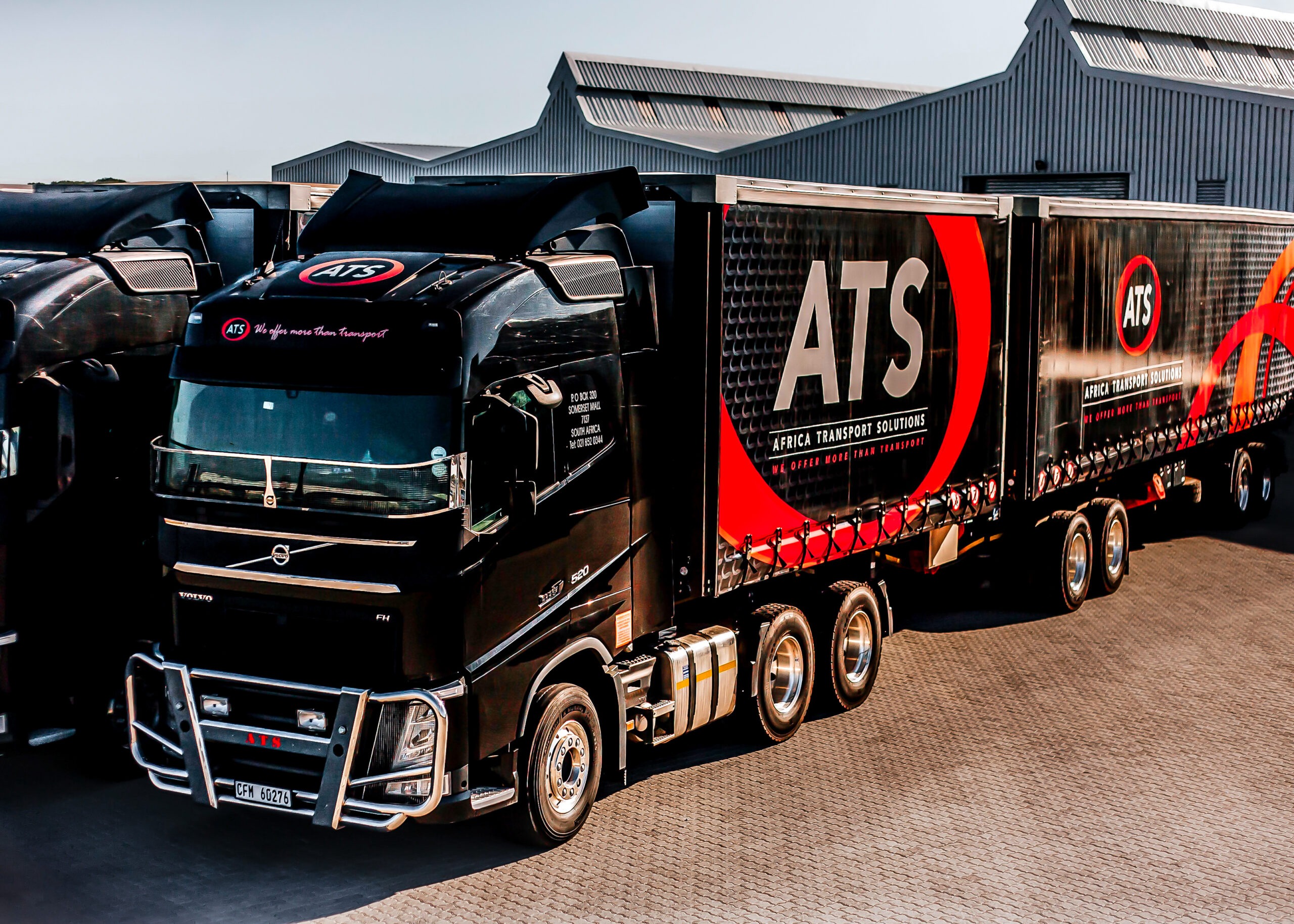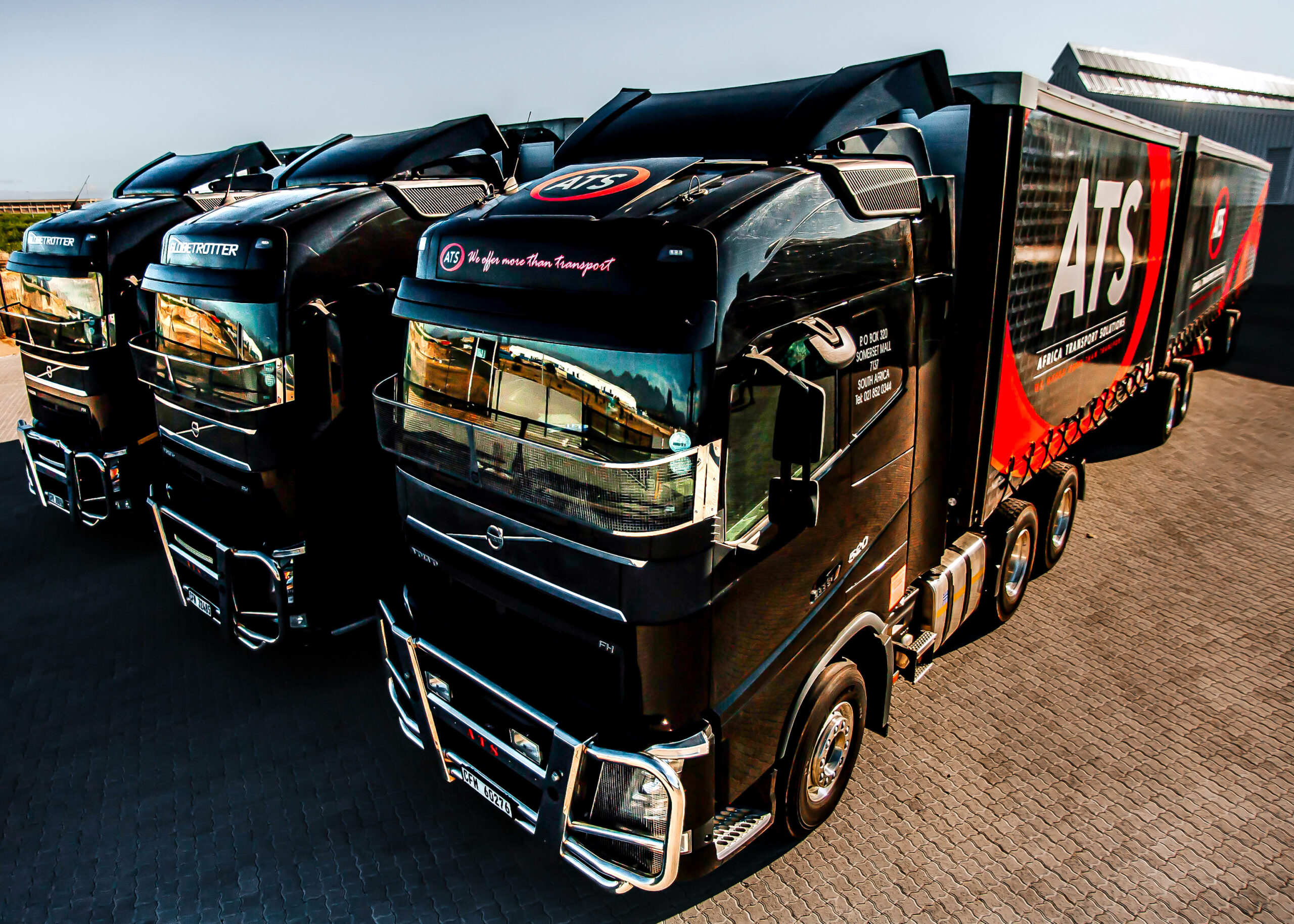
Transporting large, heavy cargo is one of the most specialized services in logistics. It requires more than a strong truck—it requires precision planning, engineering insight, and complete regulatory compliance. Heavy load freight transport is critical for industries like mining, construction, energy, and manufacturing, where equipment often exceeds standard freight dimensions and weight thresholds. These oversized loads demand route planning, load escorts, special permits, and the right type of haulage vehicles. South Africa’s leading transport companies are stepping up to meet this demand with turnkey solutions tailored for the continent’s most ambitious projects.
From Gauteng’s industrial zones to large-scale development sites in the Northern Cape or Zambia, heavy freight moves through highways, provincial roads, and rural regions where infrastructure varies. The risks are high—bridges, steep passes, axle weight limits, and time-of-day restrictions can all delay or compromise a move. This is why professional logistics teams conduct comprehensive pre-move assessments. They identify route hazards, weight-bearing issues, and loading/unloading constraints to ensure safe passage. When done right, these moves are smooth, safe, and on schedule.
Heavy load transport requires more than just horsepower. It needs trailers designed for stability, weight distribution, and adaptability. Extendable flatbeds, lowbeds, and modular trailers (SPMTs) are selected based on cargo dimensions, weight, and balance points. These vehicles must also meet strict maintenance and safety checks before each move. A quality logistics partner will own or lease these assets and deploy them alongside highly trained operators. Escort vehicles, signaling equipment, and certified rigging crews complete the setup to ensure legal and physical safety throughout the haul.

Government permits and road authority permissions are non-negotiable when it comes to heavy freight. Every load that exceeds local weight or size limits must be assessed and cleared through a permitting process. In South Africa, this means coordinating with SANRAL and provincial transport departments. Cross-border movements add layers of complexity, including customs declarations, transit bonds, and country-specific restrictions. Top transport companies handle this paperwork on behalf of clients, ensuring every job is legally compliant and efficiently executed.
Moving large cargo isn’t just about choosing the shortest path—it’s about choosing the safest. Route planning for heavy loads includes analysis of elevation changes, bridge load ratings, sharp turns, detour readiness, and police clearance zones. A single obstacle like a low-hanging bridge or steep incline can halt a delivery completely. Route planners model alternative paths, stage crane lifts where needed, and even arrange temporary infrastructure (such as culvert reinforcements or bypass construction) to complete the job. This level of risk mitigation ensures high-value freight arrives without incident.
Once the journey ends, the challenge continues. Heavy cargo often requires rigging teams, cranes, forklifts, and trained crews to offload at destination sites. Whether it’s a generator arriving at a power plant or mining gear for a new shaft, final-mile handling must be carefully managed. Quality logistics partners ensure every element—from truck offload to on-site placement—is included in their scope of work. This reduces client stress, protects freight, and prevents delays on critical projects.

When infrastructure projects, energy installations, or equipment rollouts are on the line, delays are not an option. That’s why South Africa’s largest corporations turn to heavy load freight transport providers with a proven track record. These companies understand cargo engineering, driver safety, and project deadlines. They also offer full transparency, real-time tracking, and insurance cover for every phase of the move. With the right logistics partner, even 80-ton loads arrive on time, intact, and without surprise costs.